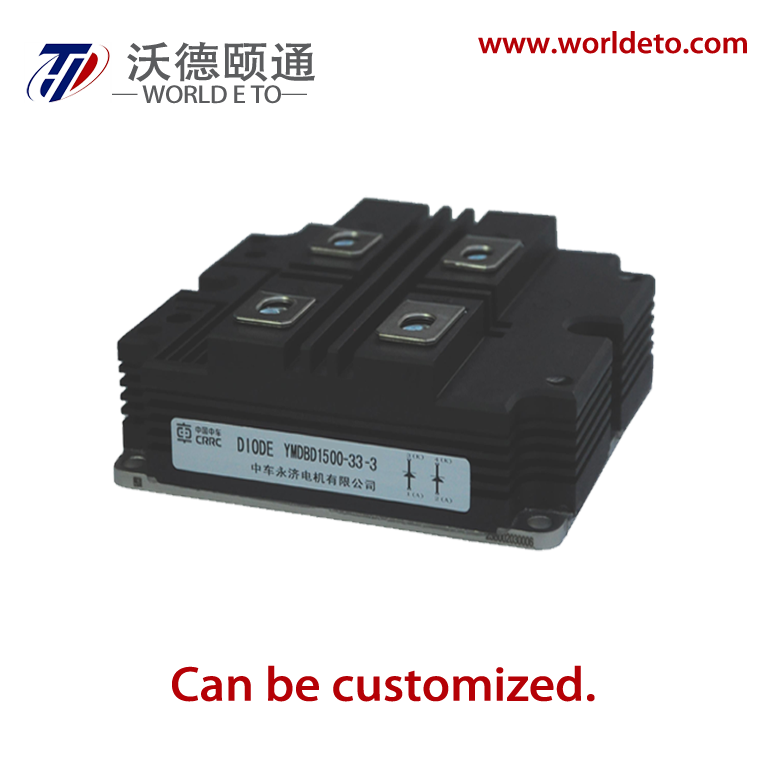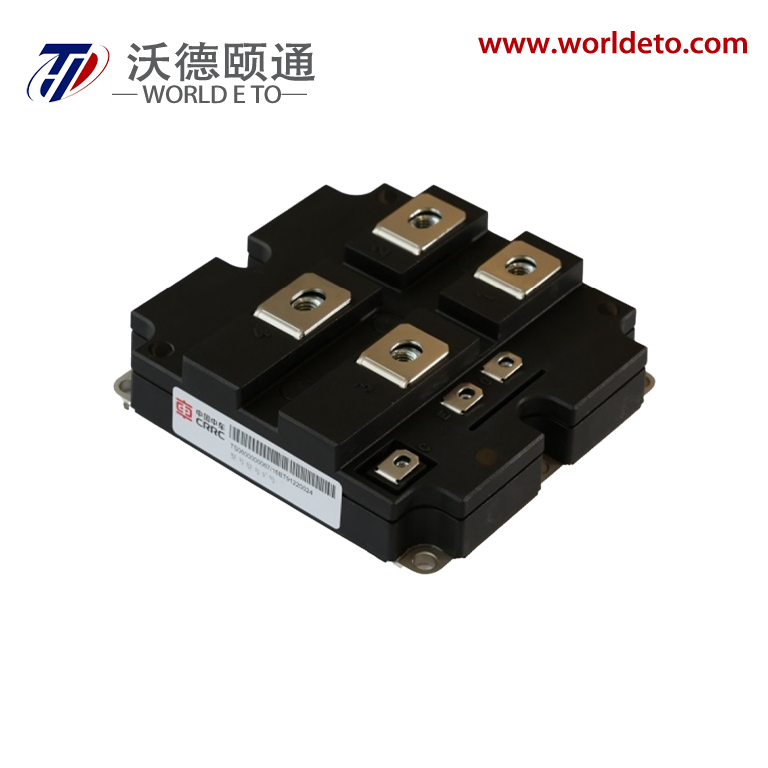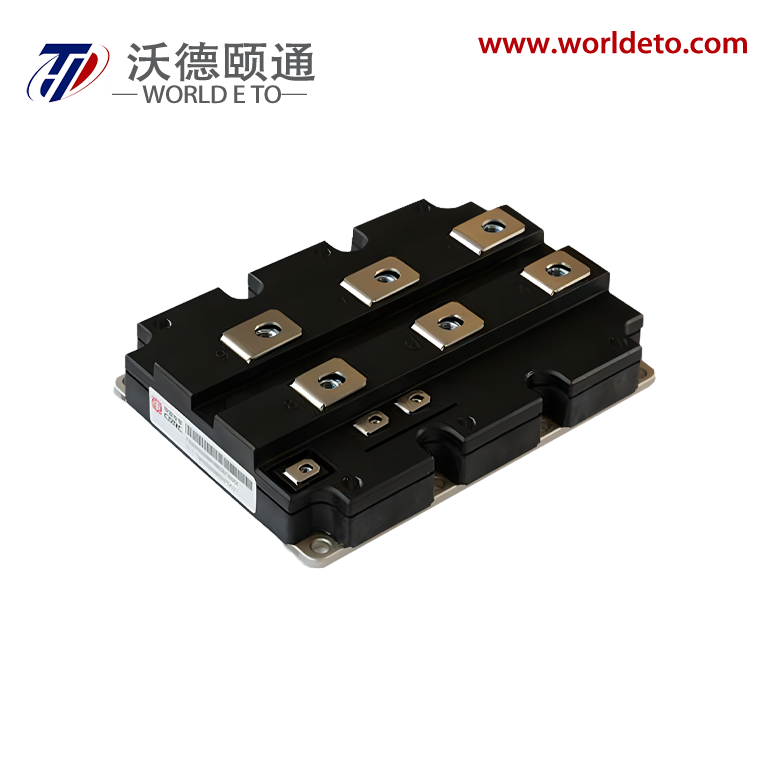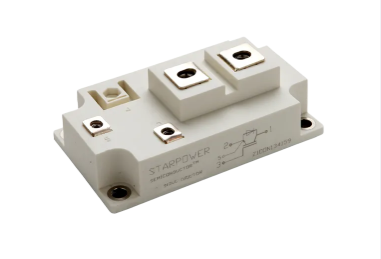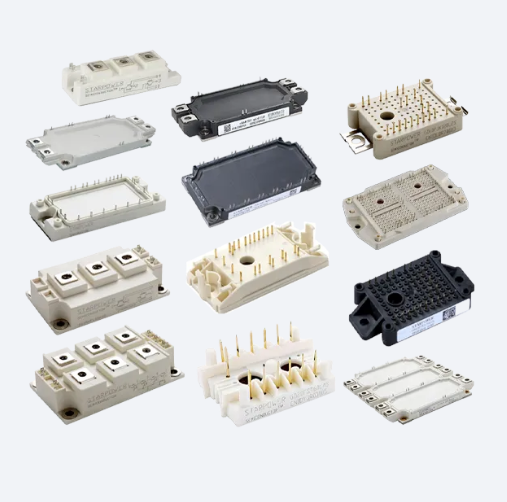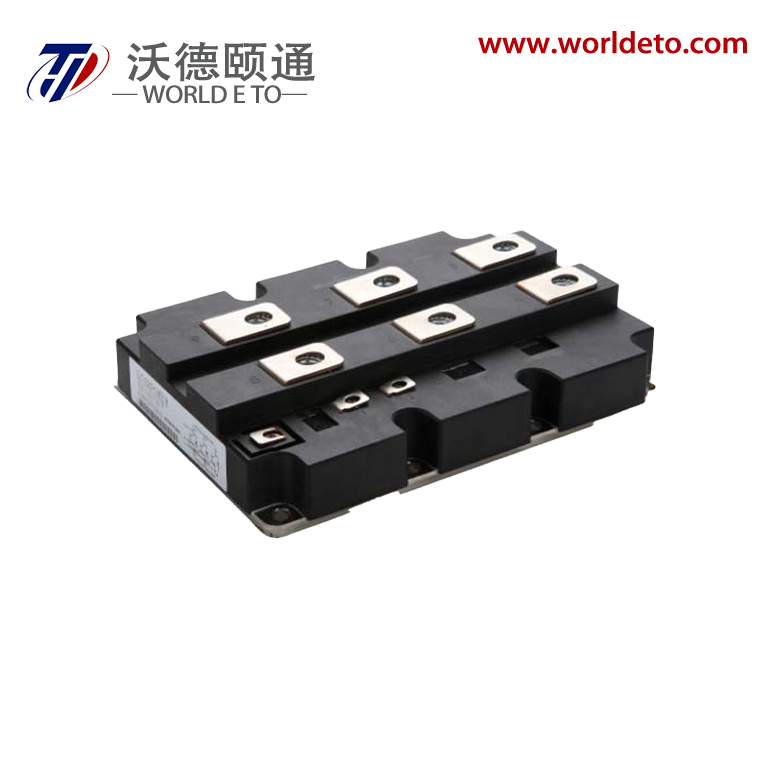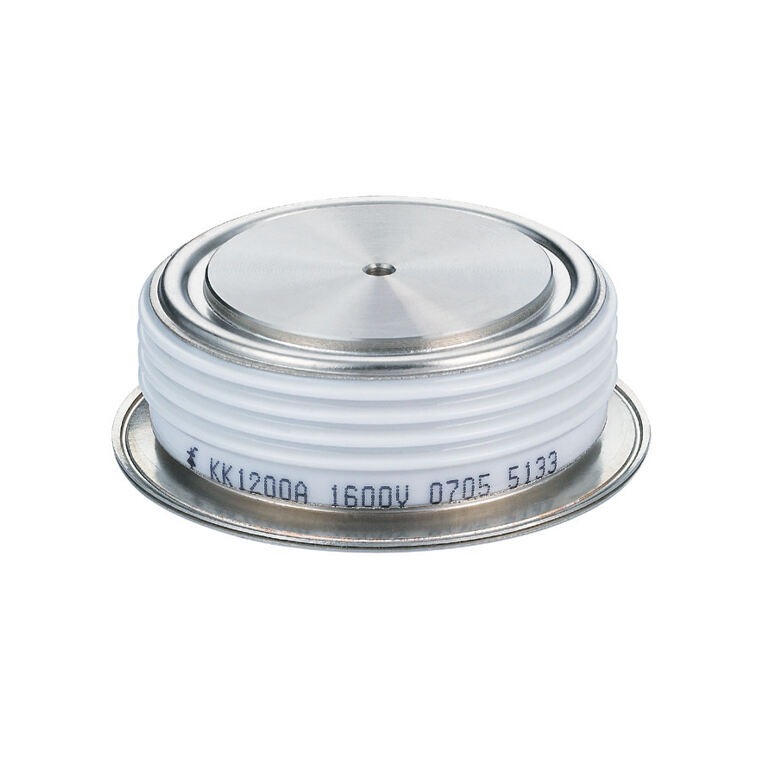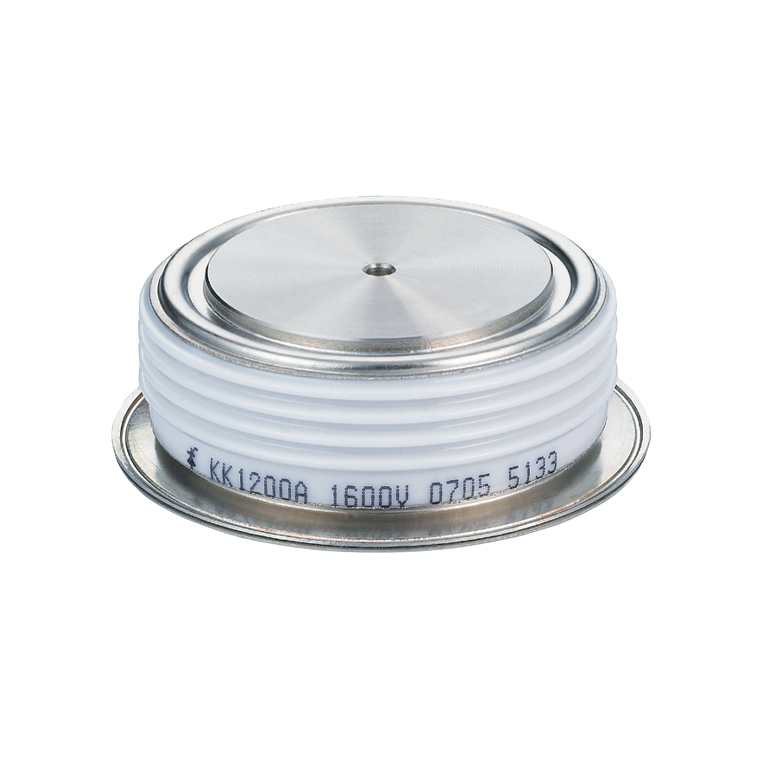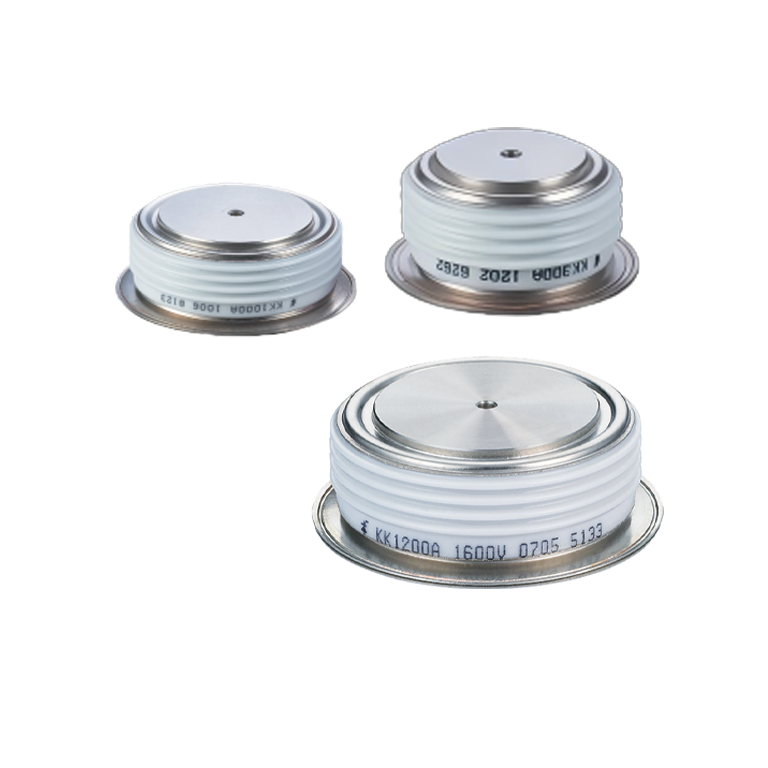automatic tool changer types
Automatic Tool Changers (ATCs) are sophisticated mechanisms designed to enhance manufacturing efficiency by enabling seamless tool switching in CNC machines. These systems come in three primary types: drum-style, chain-style, and robot arm changers. Drum-style ATCs feature a carousel mechanism that rotates to position tools, ideal for smaller machining centers with limited tool capacity. Chain-style ATCs utilize a continuous chain system capable of handling larger tool inventories, making them suitable for complex manufacturing operations. Robot arm changers employ articulated arms to exchange tools, offering maximum flexibility and reach. Each type incorporates advanced sensors and control systems to ensure precise tool positioning and secure grip during exchanges. Modern ATCs are equipped with tool identification systems, position monitoring, and automated maintenance alerts. These systems can manage various tool holders, including HSK, CAT, and BT interfaces, accommodating different machining requirements. The technology has evolved to include smart features like tool life monitoring, predictive maintenance capabilities, and integration with manufacturing execution systems. ATCs significantly reduce setup times, minimize human error, and enable continuous operation in both standalone machines and integrated manufacturing cells.

